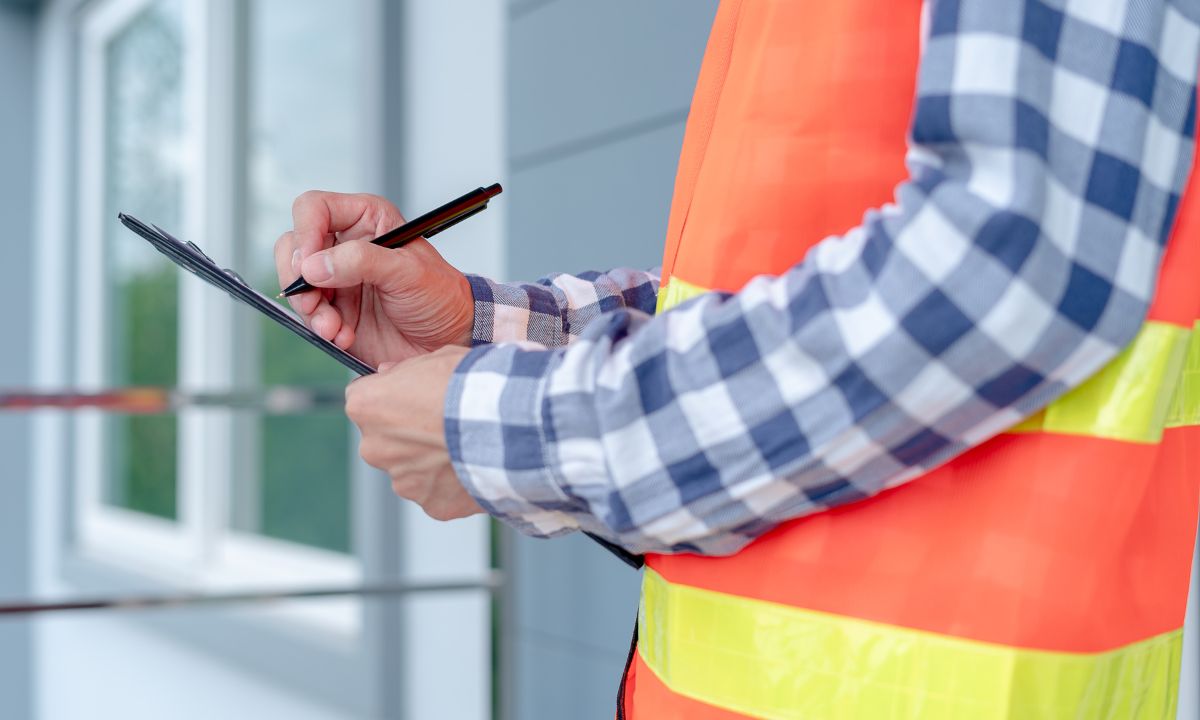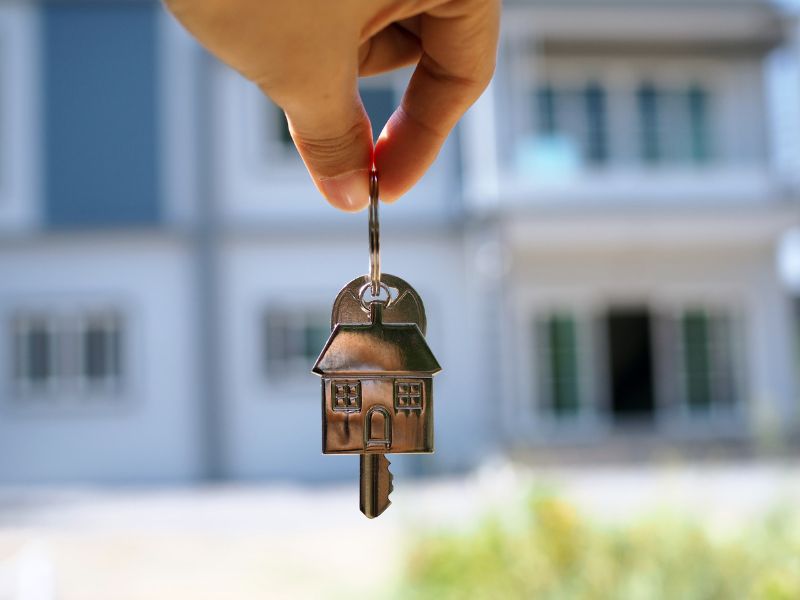 When buying a home, many factors need to be considered, and one that may not always come to mind right away is the driveway. If you’re looking at a property with a shared driveway, it’s important to understand how this shared space can affect your experience as a homeowner. While a shared driveway can be an attractive feature in some situations, it can also present challenges. Here are some tips to keep in mind when buying a home with a shared driveway.
When buying a home, many factors need to be considered, and one that may not always come to mind right away is the driveway. If you’re looking at a property with a shared driveway, it’s important to understand how this shared space can affect your experience as a homeowner. While a shared driveway can be an attractive feature in some situations, it can also present challenges. Here are some tips to keep in mind when buying a home with a shared driveway.
Understand the Terms of the Shared Agreement
Before moving forward with purchasing a home with a shared driveway, it’s essential to fully understand the terms of the agreement between you and the other property owners. Is there a formal easement in place that grants you legal access to the driveway? If so, what are the specifics of that easement? Some shared driveways are governed by written agreements, while others may be informal, making it crucial to review any legal documents related to the property. A real estate attorney can help you confirm the terms of the agreement and ensure your rights are protected.
Clarify Maintenance Responsibilities
One of the biggest concerns with a shared driveway is maintenance. Who is responsible for maintaining the driveway? Is there a shared cost for repairs, snow removal, or other upkeep? It’s essential to clarify these responsibilities before buying the property. You want to make sure that both parties are on the same page about how repairs will be handled and who will cover the costs. If maintenance duties are not clearly defined, it could lead to disagreements down the line.
Check for Access and Parking Issues
When you share a driveway, access and parking can become a source of frustration if not carefully managed. Are there any issues with parking that could affect your ability to use the driveway? For instance, will you have dedicated space to park your vehicles, or will you need to coordinate parking with the other property owner? It’s important to consider these practical aspects before purchasing. Be sure to walk through the driveway area during different times of day to ensure there won’t be any accessibility or parking issues that could affect your lifestyle.
Discuss Dispute Resolution
Despite your best efforts to get along with neighbors, conflicts can arise, especially when it comes to shared spaces. For this reason, it’s wise to discuss and agree on a method of dispute resolution. If there’s a disagreement about maintenance, use, or parking, how will it be resolved? Having a clear understanding of how disputes will be handled can prevent issues from escalating and protect you from potential legal complications.
Consider the Impact on Resale Value
Homes with shared driveways can sometimes present challenges when it comes to resale value. While some buyers may be perfectly comfortable with a shared driveway, others may see it as a negative. It’s important to consider how this shared space may impact the marketability of the property in the future. If you plan on reselling the home later, having clear documentation of the driveway agreement and maintenance responsibilities can help ease concerns for potential buyers.
Get Everything in Writing
Finally, to avoid future disputes or misunderstandings, make sure all agreements related to the shared driveway are documented in writing. This includes parking rights, maintenance responsibilities, and any restrictions on how the driveway can be used. Having these terms clearly outlined in writing provides legal protection and ensures that both parties understand their rights and obligations.
Buying a home with a shared driveway can be a great option, especially if you’re in a desirable location or want to save on property costs. However, it’s essential to be proactive and understand the legal, practical, and logistical aspects involved. By doing your due diligence and ensuring everything is properly documented, you can enjoy a smooth experience with your shared driveway.

 Renting a home is a good option for some, but buying a home just might be the best thing for you. When you rent a home, you send money to someone else every month in exchange for knowing that you can call on your landlord when the roof leaks, an appliance stops working or your bathroom faucet breaks.
Renting a home is a good option for some, but buying a home just might be the best thing for you. When you rent a home, you send money to someone else every month in exchange for knowing that you can call on your landlord when the roof leaks, an appliance stops working or your bathroom faucet breaks. When you think about buying or selling a home, your focus is often on the personal benefits, finding the perfect place to live, or getting a good return on your investment. However, these transactions do more than just impact your life; they also have a positive effect on the entire community. Here’s how buying or selling a home can benefit your local area.
When you think about buying or selling a home, your focus is often on the personal benefits, finding the perfect place to live, or getting a good return on your investment. However, these transactions do more than just impact your life; they also have a positive effect on the entire community. Here’s how buying or selling a home can benefit your local area. When it comes to selling a home, it is a common belief that once the offer is accepted, there is nothing else to be negotiated. However, issues and obstacles that can arise during the home inspection can be a cause for discussion with the seller. Whether you’re currently searching for houses or your offer has already been accepted and you’re preparing for the next step, here are some tips in the event that the home inspection isn’t up to par.
When it comes to selling a home, it is a common belief that once the offer is accepted, there is nothing else to be negotiated. However, issues and obstacles that can arise during the home inspection can be a cause for discussion with the seller. Whether you’re currently searching for houses or your offer has already been accepted and you’re preparing for the next step, here are some tips in the event that the home inspection isn’t up to par. Do you ever dream about a larger, roomier, or more luxurious living space? Or perhaps just want to experience the joy of owning your own home and building your net worth instead of renting? Let’s explore a few questions that can help to answer whether or not you’re ready for a new lifestyle as a homeowner.
Do you ever dream about a larger, roomier, or more luxurious living space? Or perhaps just want to experience the joy of owning your own home and building your net worth instead of renting? Let’s explore a few questions that can help to answer whether or not you’re ready for a new lifestyle as a homeowner.